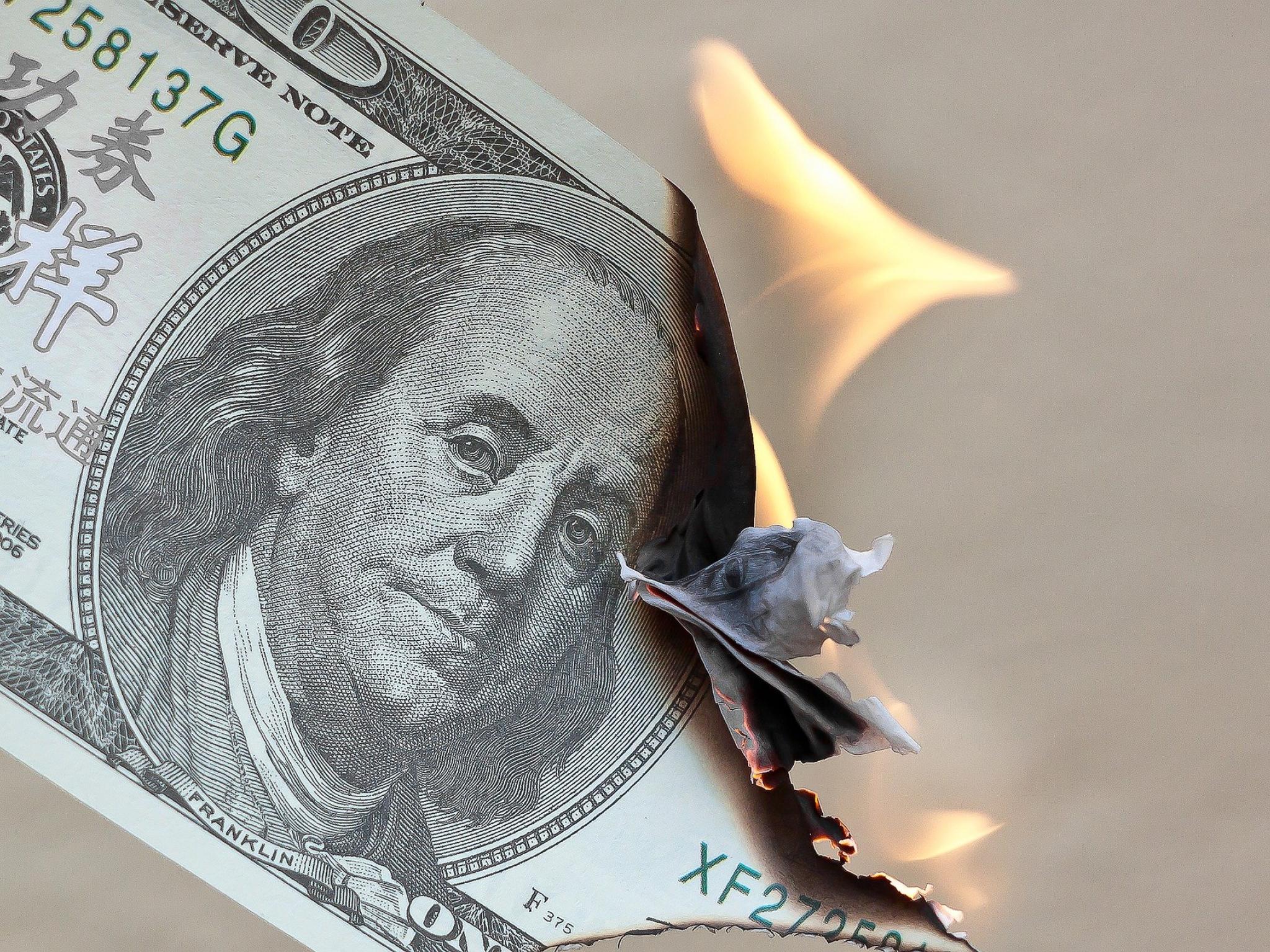
For more than a year, the U.S. Federal Reserve reassured investors that post-COVID-19 pandemic inflationary pressures were transitory. However, Joseph Brusuelas, principal and chief economist for RSM US LLP, said Tuesday that the Russian invasion of Ukraine may have assured investors inflation is here to stay for at least the next several years.
Inflation Typical: Brusuelas said inflation is typical during times of war and economic conflict.
Related Link: 'Held Hostage To External Events': Experts React To 7.9% CPI Inflation, Highest Since 1982
"We have most likely arrived at a turning point where elevated inflation will define the economic narrative for several years. That may require much higher interest rates than have been observed in recent years and will diminish the probability of central banks achieving a soft landing for the economy," Brusuelas wrote.
Recession Risk Rising: In fact, Brusuelas is predicting the next round of economic numbers in the coming weeks could significantly increase the probability of a U.S. recession.
"The combination of a unique confluence of factors during the pandemic and now the disruption to the flow of oil will almost surely unleash a period of inflation unlike anything since the 1970s," he said.
Brusuelas said there's a real possibility that top-line U.S. inflation surpasses 10% in 2022. The good news for Americans is that the U.S. economy is far less dependent on foreign oil than it was in the 1970s. On the downside, rising global energy prices will certainly have a negative impact on consumers' discretionary spending and higher input costs will pressure companies to pass those costs on to their customers via higher prices.
Benzinga's Take: The SPDR S&P 500 ETF Trust (NYSE:SPY) traded higher throughout the second half of 2021 when inflation really started to ramp up, and it traded higher through the last cycle of Federal Reserve interest rate hikes from 2016 through 2019. However, it may be extremely difficult for the market to grind higher when corporate earnings are getting squeezed by both inflation and rising interest rates simultaneously.
Image by Foto-Rabe from Pixabay






